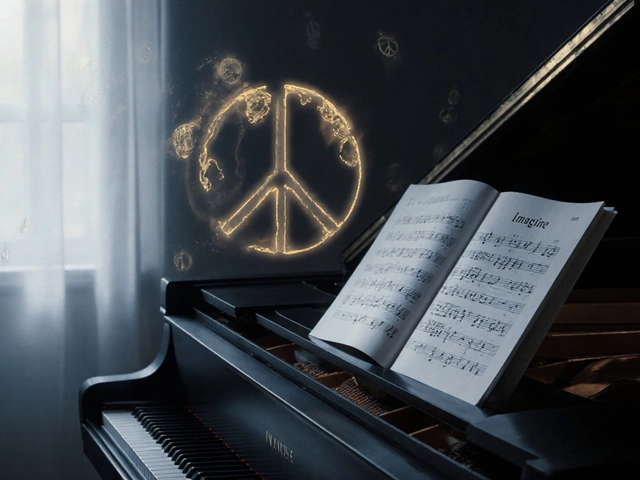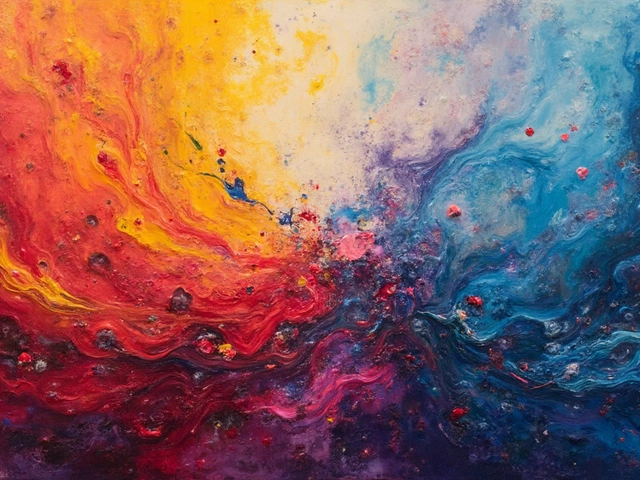Music Controversy: How Heated Debates Shape Songs and Culture
Ever wonder why some tracks make headlines for the wrong reasons? Music controversy isn’t just gossip – it’s a real force that can change how a song is received, how an artist is viewed, and even how the industry shifts. From lyrics that offend to videos that push boundaries, these disputes often spark bigger conversations about society, politics, and personal values.
Common Triggers of Music Battles
One of the biggest flashpoints is lyrics that touch on race, gender, or politics. When a rapper mentions a controversial figure or a pop star critiques a social issue, fans quickly split into camps. Another trigger is visual content – think of music videos that use shock imagery or cultural symbols in ways some feel are disrespectful. Finally, sampling without permission can spark legal fights that spill over into public opinion, turning a catchy hook into a courtroom drama.
Sometimes a song becomes controversial simply because it sounds different. New genres or experimental production can alienate traditional listeners, leading to heated online debates. Even the timing of a release matters; dropping a protest anthem during a sensitive political moment can amplify reactions, good or bad.
What You Can Do When a Song Sparks Debate
If you find yourself in the middle of a music controversy, start by listening with an open mind. Look up the background – who wrote the lyrics, what inspired the video, and what the artist has said publicly. Understanding the context often clears up misunderstandings and helps you form an informed opinion.
Next, check multiple sources. A single news outlet might frame a story to fit its audience, while artist interviews or fan forums can provide different angles. Balance the facts from the artist’s side with listeners’ reactions to see if the controversy is about the art itself or the surrounding media buzz.
When you share your view, keep it respectful. You don’t need to agree with everyone, but pointing out why a song matters or why it offends can add value to the conversation. Use specific examples instead of vague insults – that way the discussion stays focused on the music, not personal attacks.
Finally, decide how the controversy affects your listening habits. Some people boycott tracks they find offensive, while others keep them in playlists as a reminder of cultural debate. Either choice is valid; the key is to make a conscious decision rather than reacting impulsively.
Music controversies will keep popping up as long as art pushes boundaries. They’re a sign that songs are doing more than filling a room – they’re sparking dialogue about who we are and where we’re headed. By staying curious and respectful, you can turn a heated debate into a learning moment and maybe even discover new music you’d never have tried otherwise.
Most Disliked Song: Why the Internet Picked a Winner
Everyone has a song they can't stand, but one in particular has earned the title of most disliked. This article digs into which song took the crown and why it rubbed so many people the wrong way. You'll get juicy details on how internet culture helped blow up the hate. We'll break down how the numbers stack up and why this backlash matters. Get some fresh tips on how artists can survive a storm of online dislikes and maybe even bounce back stronger.
Continue Reading




